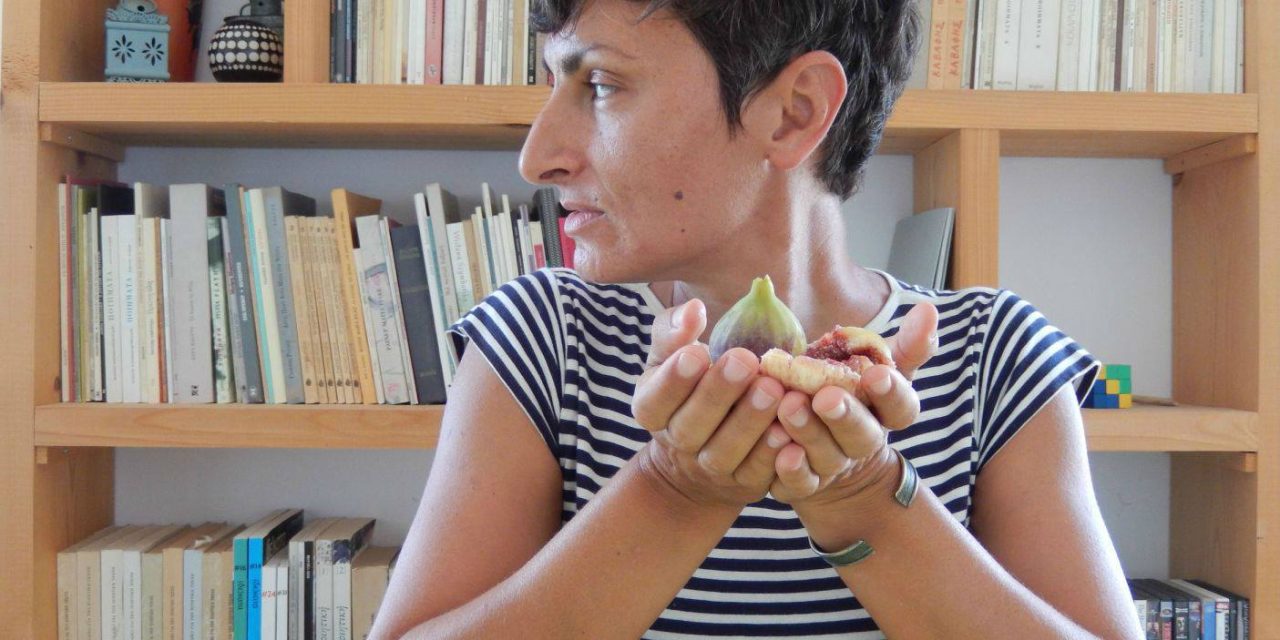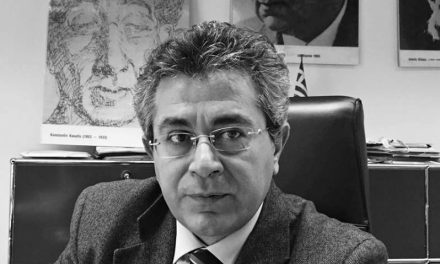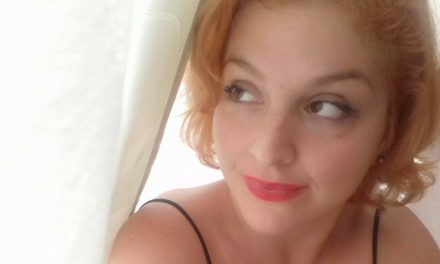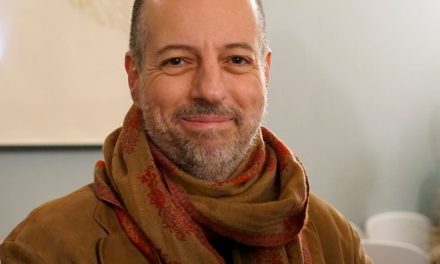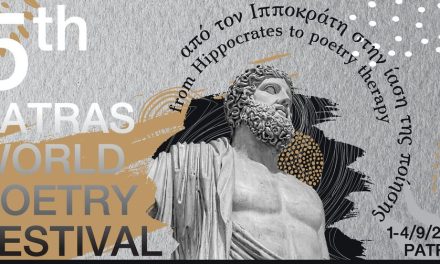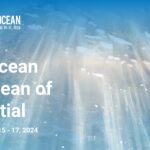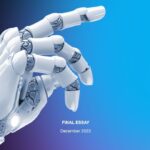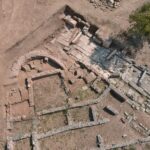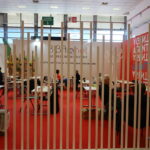Patricia Kolaiti was born in Athens and grew up in the island of Aegina. She has published the poetry books Celesteia (Nefeli Publishings, 2007, nominated for the 2008 Diavazo First Book Award), The Lithopedion (Nefeli Publishings, 2016) and The Return (FRMK Publishings, 2017). Patricia’s poems have been translated in five languages. Her artistic work systematically explores the interface between poetry and performance art/ voice and corporeality, attempting experimental presentations of her poems as performances, interactive readings and somatic events. As a poet and performer, she has been invited to participate in a range of interdisciplinary arts projects.
Patricia is also a philosopher of literature and art. Between 2018-2020 she led the groundbreaking interdisciplinary project “Literature as a Cognitive Object” (CogLit) at the university of Brighton (Horizon 2020, European Commission). She is the author of the theoretical books The Limits of Expression: Language, Literature, Mind (CUP 2019) and Literature and Art as Cognitive Objects (CUP 2022 forthcoming).
A poet, performance artist and scientific philosopher of literature and art. Where do all these attributes meet? Which would you say is their binding thread?
The most crucial binding thread among these actions is change-making. The world that surrounds us -both physical and social- is far from complete; every single one of us has an ethical obligation to make change towards bettering and optimising the set of possibilities we experience as ‘the real world’. I perceive my poetry, performance art and scientific philosophy as actions of change-making that radically alter, optimise and widen the range of existing possibilities in the human intra-personal, physical and social reality. My fourth capacity, that of an educator in University settings, is yet another deliberate action of making change.
I could have mentioned numerous other binding threads among these actions -creative thinking of a certain kind, for instance, or curiosity and an inquisitive mind’s struggle to delve deep into the fabric of existence. But focusing on change-making allows me to underline an aspect of the dynamic relation between the world, on the one hand, and the actions of art, science and philosophy on the other: the anthropic aspect. Artistic, scientific, philosophical and educational innovation enable tangible change in the real lives and real world of real human beings. So, I prefer to perceive myself as a “change maker” rather than poet, performance artist, scientific philosopher or educator, to stay vigilant about the share of social responsibility these capacities involve and their ability to affect the real world and lives of real people.
“I am trying to evade language. I wish to denude the poem. Until language remains as something indifferent or minimal”. What role does language play in your writings?
As my literary research evolves my writing becomes deliberately bare, denuded, at times borderline naif. My latest work, a series of experimental short stories based on harrowing crimes from the recent international forensic history, ventures on the borderline between ‘prose poetry’ and ‘short short story’ devising a raw, plain, relentlessly repetitive, anti-lyrical and naif linguistic style. This is not only to mark a departure from culturally inherited aesthetic fixations of the post-modern Greek stylistic legacy. It is also to develop a register that could somehow capture the throbbing and unsettling nature of the psychological, interpersonal and social malformations that these stories delve into. Their calous, poised tenor unpends the fabric of family, culture and social order as mechanisms of teratogenesis. It seems to me that the more decisively I step into the unsettling and unnerving the more denuded and minimal language needs be. Or perhaps the reverse. The more denuded and minimal the linguistic style, the more boldly I can step into the unsettling and unnerving.
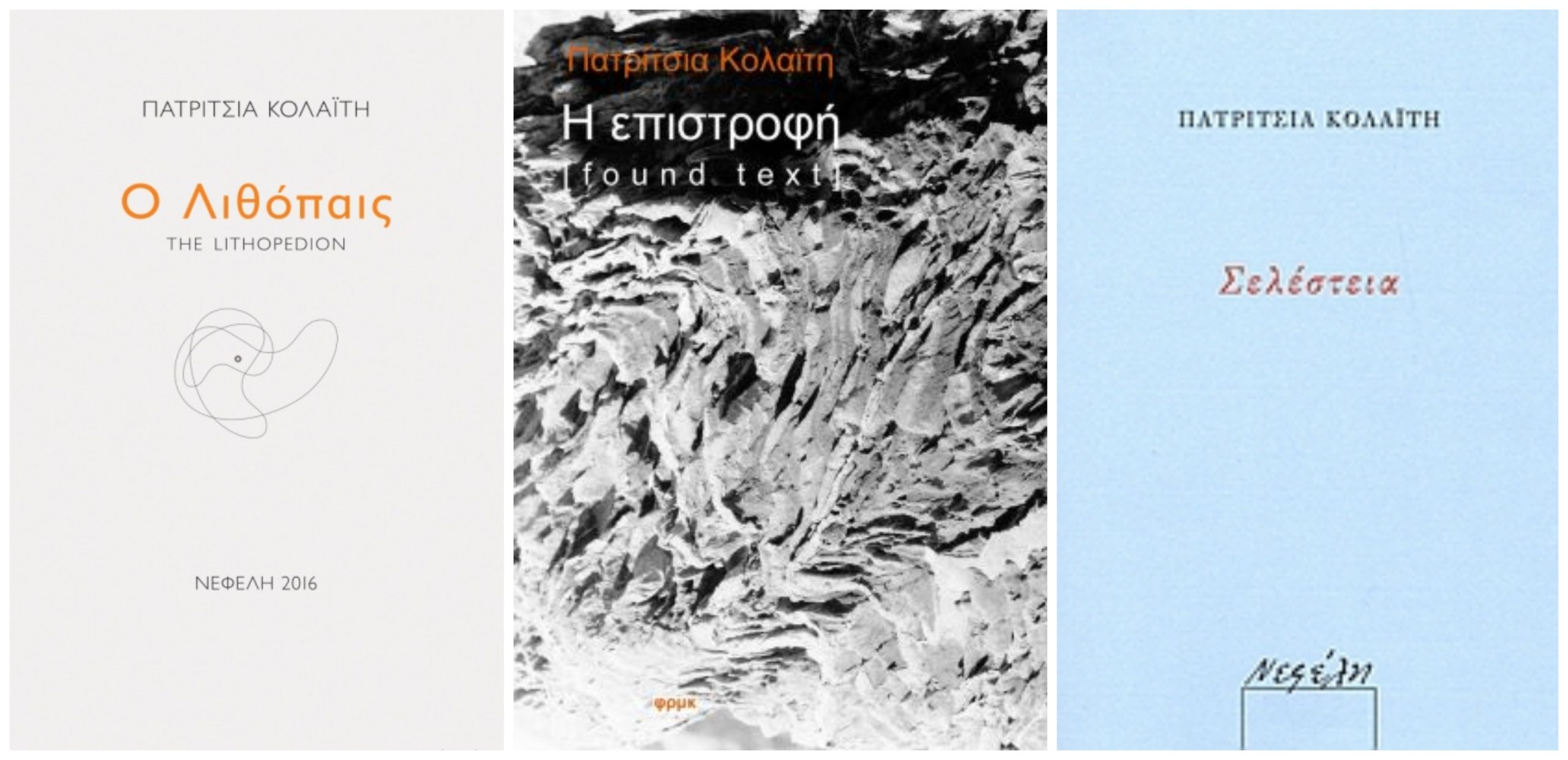
Your work systematically explores the interaction between the corporeal origin/ materiality of the voice and bodily action as kinetic form. How would you define this corporealization? And, in turn, what purpose does experimentation away from conventional forms serve in your poetry?
My performative research of the past few years explores the interaction between the corporeal origin of the voice and bodily action. My experimental performances focus on the poetic delivery as a corporeal and kinetic event, which I perform myself in combination with a wide repertoire of multimedia apparati. I have referred to the outcome of this process as “corporealization”. Corporealization enjoins poetic delivery with physical theater, fine art and performance art, bringing together the writing subject, narrative voice and acting persona into one indissoluble unity. But I am in the process of exploring ways to expand my performative means into multi-media forms that are more akin to fine art and performance art, and also devise an antithetical play with the comical and farcical in performing those recent writings of mine that take a plunge into human paranoia and tragedy.
For the last two years, you have been working on ‘Literature and Art as a Cognitive Object’ (‘CogLit’), an interdisciplinary project aiming to “develop a novel theoretical account of literature and art as a cognitive object and build two-way interactions between literary and art study, linguistics and the cognitive sciences”. Could you tell us a few things about this venture?
‘CogLit’ was a fascinating two year interdisciplinary project at the University of Brighton, funded by the Horizon 2020 program of the European Commission. This project allowed me to refine and articulate in full a ground-breaking theoretical hypothesis I have been working on for more than 10 years. Literature and art is not a body of objects out there in the world. It is a unique and distinct human action. A unique phenomenon in the mind-internal reality of human agents enabled by dedicated and universal mental engineering. Shifting the focus from the artwork itself to literature and art as a case of human agency, this far-reaching project and the theoretical book I wrote as part of it’s outputs under the title “Literature and Art as Cognitive Objects: from a poetics of language to a poetics of action” (Cambridge University Press 2022) sets out a revolutionary theory of literature and art as cognitive objects.
My book argues for a singular ontogenetic cognitive history of all types of artworks and literary texts past, present, future, existing or possible and in so doing, it reflects one of the most robust versions of cognitivism available. My view that the production of artworks descends from one and the same minimal and biologically determined piece of mental engineering (what I refer to as an “artistic thought state”) has implications not only for literary and art theory but also cognitive science, neuroscience, linguistics, psychology, philosophy of action and metaphysics, and despite appearances, is not incompatible with the astounding multiplicity of the public manifestations of art out there in the world. One of the most exciting implications of my claim that literature and art are cognitive objects is that they thereby are not artifacts but natural objects.
My book uses this revolutionary implication as ground to defend a “cognitive ontology” and the existence of “cognitive essences” in a world inhabited by human minds. This novel vantage point enables radically new ways of thinking about intriguing theoretical puzzles such as the problem of indiscernible objects or twin events: what is it that distinguishes mere urinals and Duchamps Fountain? A stretch of ordinary discourse and the same stretch of discourse when quoted verbatim in a poetry book as found text? A genuine artwork and a perceptually indiscernible perfect forgery? An artwork by a neurotypical creator and one by a neuro-atypical artist with autism? My analysis takes an entirely new twist on these questions and aspires to replace the existing conventional canon-driven taxonomies of artworks with a cognitive ontology of … “blibs” and “blobs”.
For an answer on what in the world “blibs” and “blobs” are, you will need to read the book…
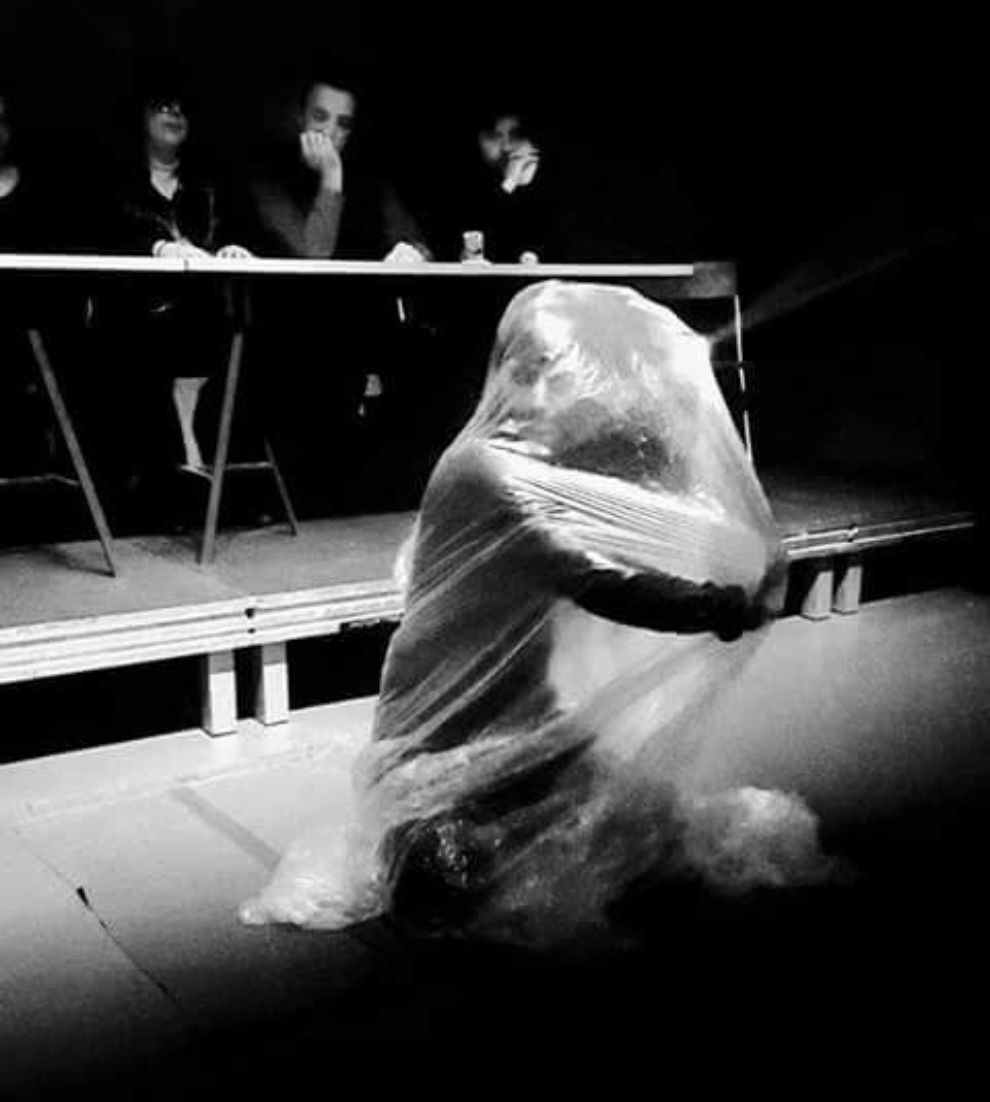
“I don’t consider it at all self evident that reality is visible. Reality is anything but given. I am interested in art/ poetry as an exercise in vision, as an act of excavation, as an intellectual attitude that retrieves reality from obscurity”. What is the relation of art/poetry to the world it inhabits? Could they be used as a to imagine what could be radically different realities?
I would rather respond to this question not so much by generalizing to all literature but by focusing on my personal poetics. There’s ample evidence in world literature across temporally distinct geographies that the literary mind is able to fabricate alternative realities and possible worlds. My personal poetics however is heavily grounded in this reality and this world. Reality fills me with fascination and awe. A people watcher, natural world lover and ‘real life documentary’ fanatic, sometimes I feel completely astound over how much can be going on in a mere square metre of real world. But, as I often say, we shouldn’t take it as self-explanatory that being able to *see* reality in an informed and penetrative way is self explanatory. Reality is not immediately and automatically visible by everyone and under every circumstance. It seems to me like an extremely tortuous process if genuine insight into reality is to be achieved. Reality needs be conquered. My 3 capacitors that you mentioned in your first question clearly revolve around different ways of digging out reality from invisibility.
To be a scientific philosopher for instance and develop novel theoretical hypotheses is essentially an act of seeing and articulating something that, albeit existent in the world, until the moment of vision and articulation remained dormant, buried and unseen. As I show in my forthcoming philosophical work literature and art are not artifacts but cognitive and natural objects. Although previously unseen and unthought of, this fact pertains in the world; it is not fabricated in or by my philosophical work. It is more that my philosophical work unearths and elucidates this previously unseen fact. This ‘exercise in vision’ as I like to call it is perhaps the strongest and most telling kinship between the kind of philosophy and the kind of poetry/art that are relevant to my individual mindset. A philosophy and a poetry/ art that reclaim reality from invisibility.
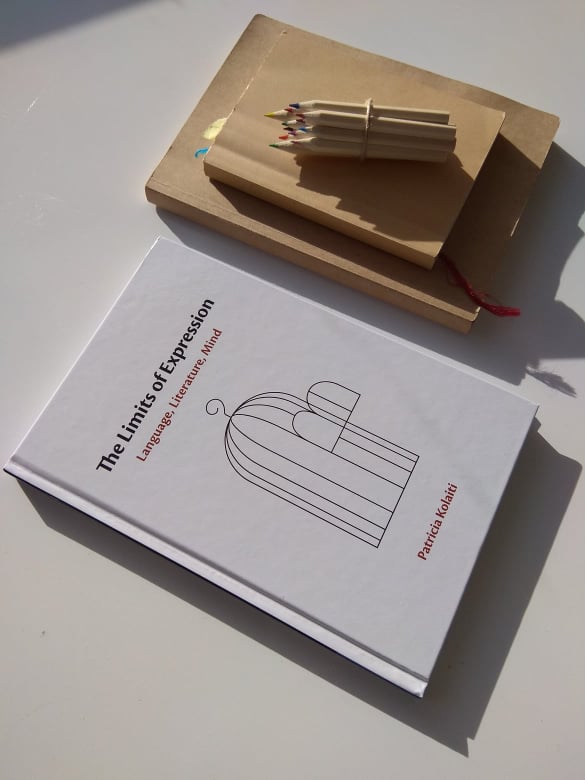
How do Greek writers relate to world literature nowadays? How does the local/national interweave with the global?
I am very lucky to be long to a generation of Greek poets that have lifted poetry off the printed page. Greek poets of this last decade have experimented widely with alternative innovative and performative means to engage audiences across age groups and educational and social strata. It is also remarkable that this is a generation with impressive multidisciplinary erudition across the arts and often, interests across art/literature and theoretical thinking. This has resulted in particularly diverse artistic outputs that break new ground for the Greek poetry scene against the backdrop of international innovation on the interplay of poetry and performance. It has also enabled fruitful collaborations with poets and artists from abroad and participations in poetry and performance festivals abroad. The fact that we write and perform in a geographically and quantitatively small ethnic language remains. The readers and audiences that our work appeals to are and have always been particularly small. But, by contrast, the innovation of outputs is exceptionally high.
“The 21st century must be the century of rupture with the superficial causality of long existing certainties. It must therefore be the century of a relentless rupture with the deception of linguistic causality”. Tell us more.
Thank you for quoting part of my contribution to the “revolt” platform of the University of Michigan. In this brief article I hint towards what I believe is going to be by far the most rebellious aspect of my intellectual output. Also, my convictions about language as a concealed form of institutionalised arbitrariness is perhaps the first area in which my -this far isolated and segregated- capacities as an artist and scientific philosopher will become interweaved. Or to put it more accurately… This far my artistic activity informs heavily insights and hypotheses in my scientific and philosophical work but not the other way around. This new area of intellectual and artistic preoccupation with the fallacy of linguistic causality is the first instance where my scientific/philosophical background will provide input for artistic activity.
Linguistic pseudo-causality is an issue that I have been thinking about for many years now drawing on my strong background in theoretical linguistics. In fact, in my introductory university lectures in theoretical linguistics, arbitrariness and the fallacy of the causality of spelling and normative/prescriptive grammar is one of the topics that I extensively discuss with my students. Anyone who has studied the mechanism of “language change” in the macroscopic social and historical linguistic processes that have taken the human linguistic venture from a proto language about 100,000 years ago to today’s astounding multiplicity of natural human languages or ethnic languages as we more simply call them, should be able to realise that spelling and normative/prescriptive grammar have an arbitrary origin. It might be the this origin goes so far back in time that it is lost in the mist of history but this doesn’t make it any less arbitrary.
My intention is to treat this simple sociolinguistic and historical-linguistic fact as a magnifying lens about how arbitrary beliefs and arbitrary practices become institutionalized and claim a degree of factuality in human life and society that they neither merit nor deserve. Isn’t it interesting and at the same time obscenely insane that in systematic schooling we get penalized or rewarded for reproducing orthographic and grammatical “rights” and “wrongs” that have been deemed “right” and “wrong” on entirely arbitrary grounds in the first place? The fact is both psychologically and sociologically/anthropologically telling. This is an area however that I wouldn’t want to preempt too much at this stage, as it will be the focus of forthcoming rather than current work. I just thought that the initiative of the “revolt” platform by Vassilis Lambropoulos inviting input from contemporary Greek writers on the topic of rebellion and revolt was definitely very much called for and wanted to take part with a preliminary piece on the ‘fallacy of linguistic causality thesis’ even in a rather tentative manner. But you will see and hear more from me on this in the future.
*Interview by Athina Rossoglou
TAGS: LITERATURE & BOOKS | READING GREECE

